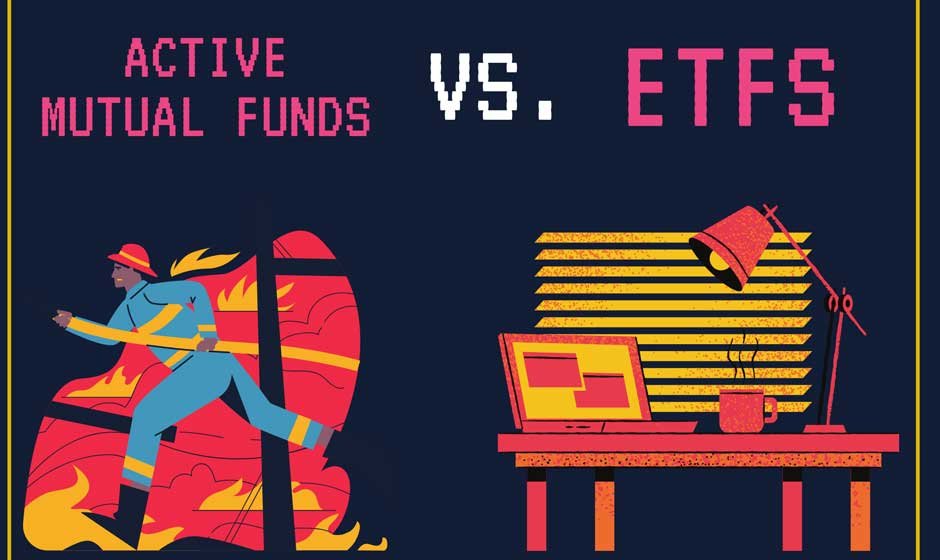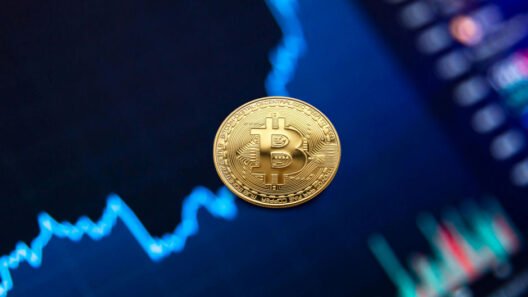Exchange-Traded Funds (ETFs) have become an integral part of many investors’ portfolios due to their features like diversification, cost-effectiveness, and real-time trading flexibility.
An ETF is an investment fund that holds a collection of assets, such as stocks, bonds, or commodities, and trades on stock exchanges just like individual stocks. Unlike mutual funds, ETF prices fluctuate throughout the trading day, offering greater liquidity. ETFs are favored for their lower management costs, instant diversification, and transparency, as their holdings are often disclosed daily.
In the Indian stock market, Tata Mutual Fund and ICICI Prudential Mutual Fund are gaining immense popularity among investors due to their diverse range of ETF offerings. Both Tata and ICICI have diverse investment options in terms of various asset types, industries, and indices. In this blog, we will explore Tata and ICICI ETFs in the Indian stock market.
Overview of Tata ETFs
Tata Mutual Fund offers a diverse range of ETFs in niche and broad-market funds, such as the Tata Nifty 50 Exchange Traded Fund, the Tata Nifty India Digital Exchange Traded Fund, the Tata Gold ETF and its related FoF, and the Tata Silver ETF FoF.
These ETFs provide exposure to various market segments, including broad market indices (Nifty 50), specific sectors like digital technology (Tata Nifty India Digital), and commodities like gold and silver. Tata ETFs are characterized by comparatively low expense ratios and concentrated exposure in areas like technology, etc.
Overview of ICICI ETFs
ICICI Prudential Mutual Fund offers a variety of ETFs in different indices that attract investors seeking to own a diversified ETF portfolio.
ICICI Prudential Mutual Funds has a diverse range of ETFs, including ICICI Prudential Nifty Auto ETF, ICICI Prudential Nifty 100 low vol 30 ETF, ICICI Prudential Nifty EV, ICICI Prudential Gold ETF, ICICI Prudential Silver ETF, ICICI Prudential BSE Sensex ETF, and New Age Automotive ETF FoF.
Their ETFs have significant assets under management and competitive expenses.
Key Comparison between Tata and ICICI ETFs
Here is a key comparison between Tata and ICICI ETFs in India:
| Feature | Tata ETFs | ICICI ETFs |
| Product Focus | Strong in thematic ETFs like digital economy, technology, and sector-specific funds such as Tata Nifty India Digital ETF FoF. | Wider range covering broad indices (Nifty 50, Nifty 200), sectoral funds (Financial Services, FMCG), and thematic ETFs like value and consumption. |
| Performance | Good returns in niche themes such as the digital economy; steady growth with sector-specific exposure. | Consistent returns from diversified ETFs, with a strong presence in value and large-cap funds appealing to broad investors. |
| Liquidity | High liquidity in thematic ETFs may have moderate daily volumes compared to broader ETFs. | High liquidity across most products, especially large-cap and sector ETFs, facilitates easy entry and exit. |
| Investor Suitability | Suitable for investors seeking targeted exposure to high-growth sectors like IT and digital transformation. | Ideal for investors preferring diversified portfolios with emphasis on value, consumption, and broad market indices. |
| Innovation | Focus on thematic and emerging sector ETFs in digital and technology themes. | Broad ETF offerings, including innovative value indices and sectoral ETFs. |
| Market Presence | Smaller but growing ETF presence with niche positioning. | Larger market share in the Indian ETF space with extensive offerings and wider acceptance. |
To Wrap Up
Tata and ICICI Prudential Mutual Fund offer competitive ETF products that vary according to the needs of different investors in the dynamic Indian market. Tata possesses thematic, digitally inclined ETFs, and ICICI has broad, diversified portfolios.
When deciding between Tata and ICICI ETFs, investors need to consider their investment goals, risk profile, and how much they want to be exposed to a particular market. Investors must consider their investment objectives, risks, charges, and expenses of the fund to make an informed investment decision.













